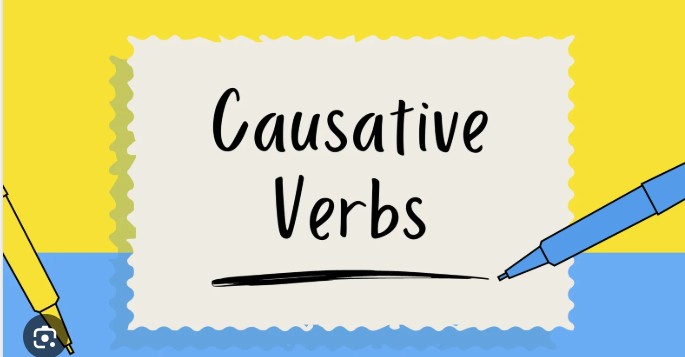Causative Verbs
Causative Verbs Definition Causative Verbs are verbs that show someone or something causes another person to perform an action. In other words, the subject doesn’t perform the action directly but causes it to happen. She had her car washed. (She didn’t wash it herself; someone else did it.) The teacher made the students clean the […]





